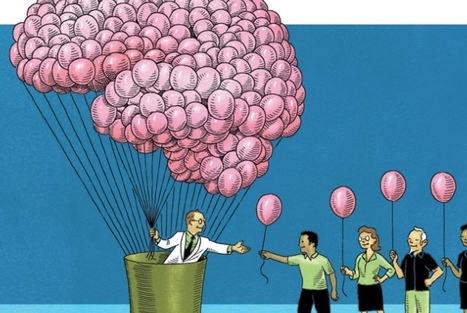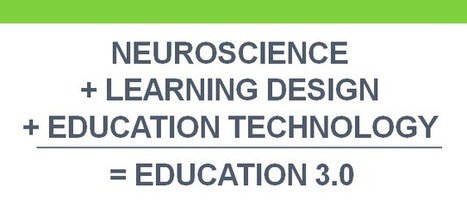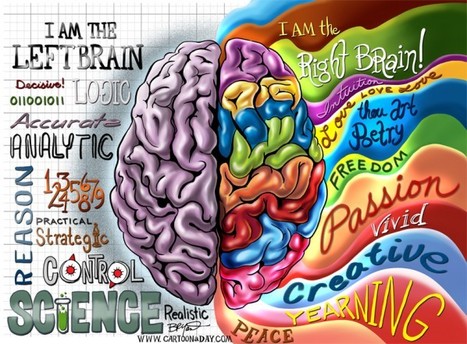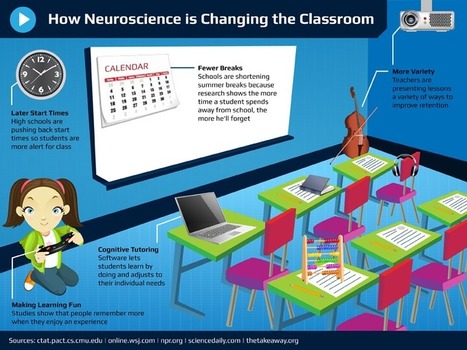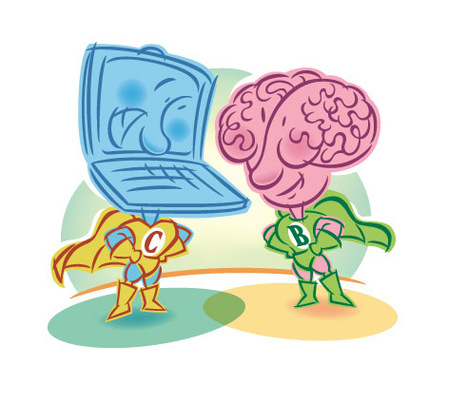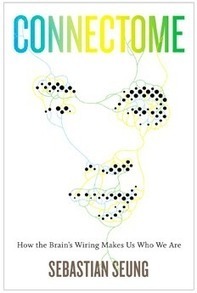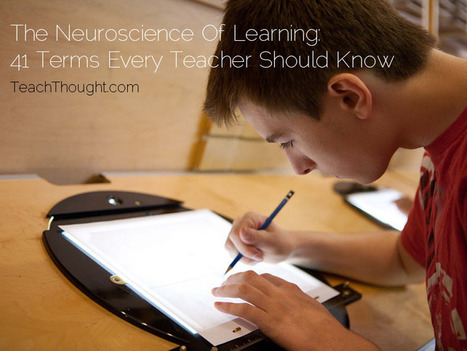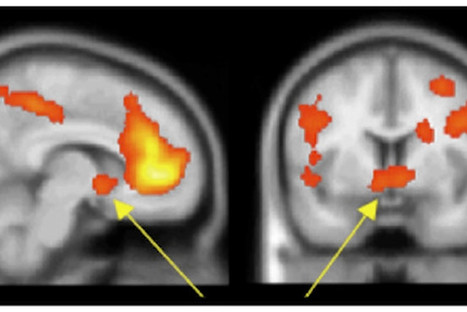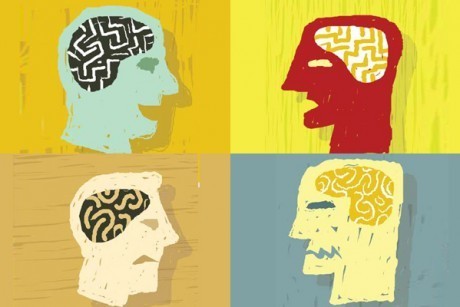Brain researchers are overwhelmed with data. Hackers can help...
There was a time when neuroscientists could only dream of having such a problem. Now the fantasy has come true, and they are struggling to solve it. Brilliant new exploratory devices are overwhelming the field with an avalanche of raw data about the nervous system's inner workings. The trouble is that even starting to make sense of this bonanza of information has become a superhuman challenge.
Just about every branch of science is facing a similar disruption. As laboratory-bench research migrates into the digital realm, programming is becoming an indispensable part of the process. At the same time, previously dependable sources of financial support are drying up...
Via Jacques Urbanska



 Your new post is loading...
Your new post is loading...

